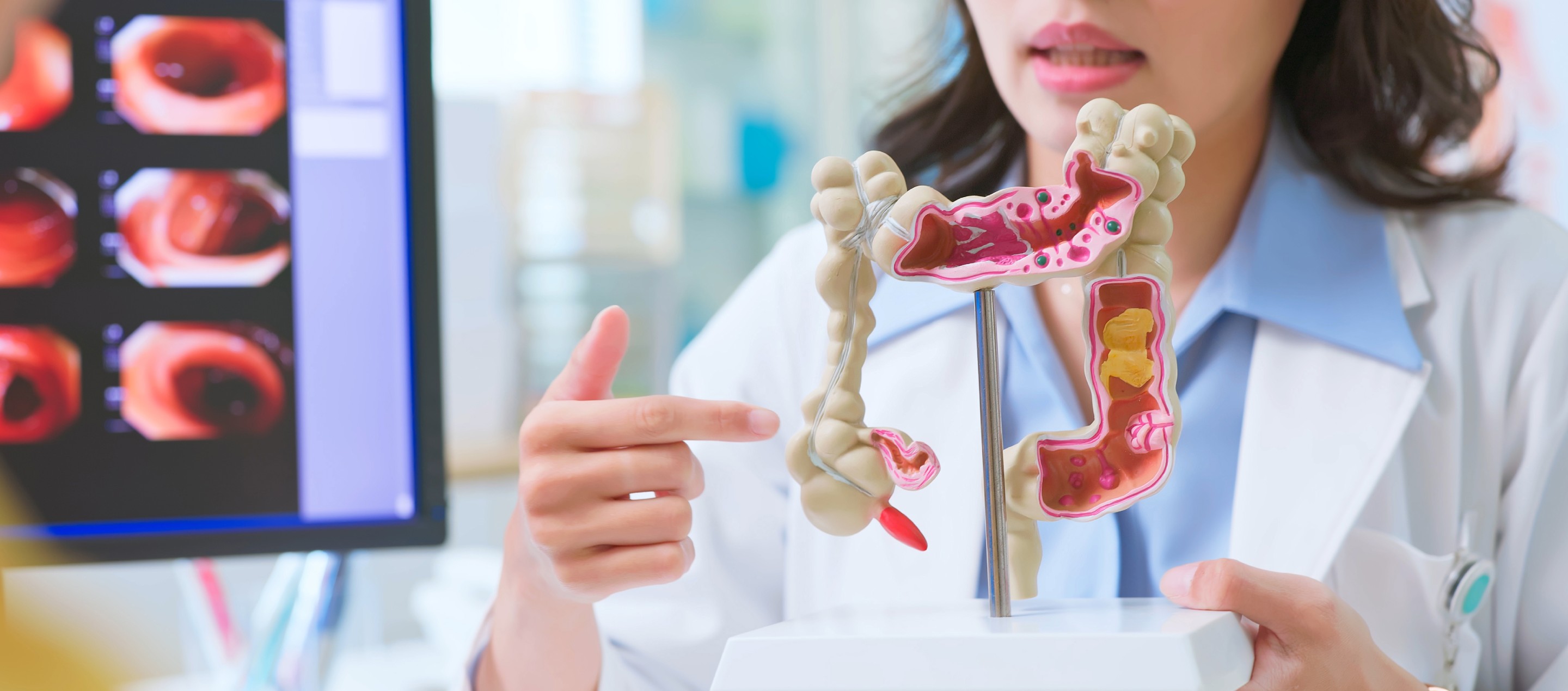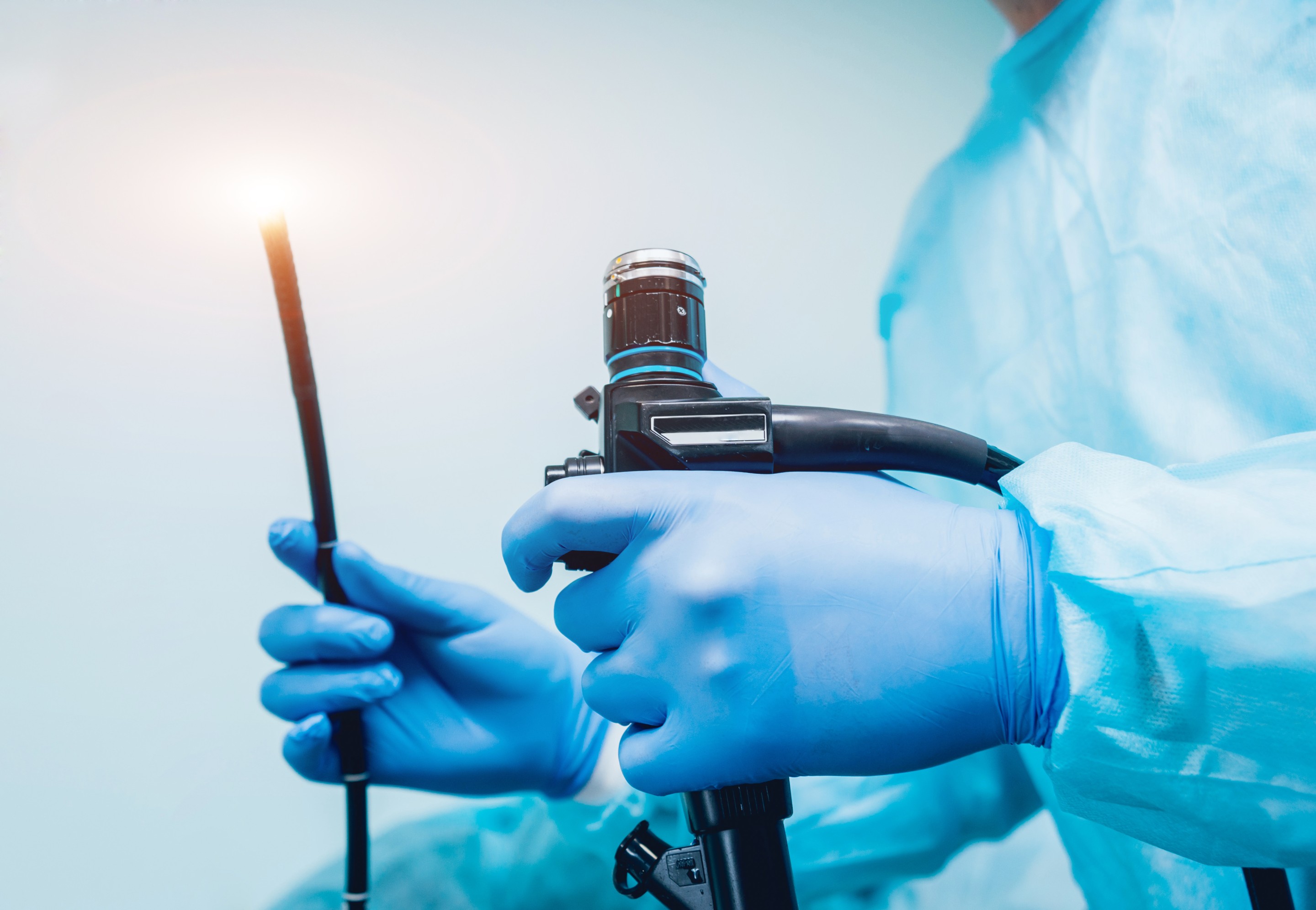
Why do I need a regular gastroscopy or colonoscopy?
Firstly, if your close relatives have gastric cancer, colorectal cancer, familiar adenomatous polyposis, hereditary non-polyposis colorectal cancer, you have an increased risk of gastrointestinal cancer. You should schedule screening endoscopies.
Second, surveillance gastroscopy and colonoscopy are needed if you have a history of adenomatous polyp, dysplasia, gastric intestinal metaplasia, Barrett’s oesophagus and chronic colitis.
Likewise, if you have a history of stomach or colorectal cancer, you have to perform regular screening, in order to detect early recurrence or new tumour.
Last but not least, you have to consider gastroscopy and colonoscopy if you have the following gastrointestinal symptoms: decreasing appetite, indigestion, stomach pain, abdominal pain, nausea, vomiting, difficulty in swallowing, weight loss, anaemia, bleeding after bowl opening, change of bowel habit, abdominal or anal mass, and other gastrointestinal upset.
What is the purpose of Gastroscopy and Colonoscopy?
Gastroscopy and colonoscopy are used to examine the mucosa of the stomach, duodenum, colon and terminal ileum. Besides making diagnosis, they can be used to take biopsy and perform therapeutic interventions.
Diagnostic use:
1) To look for inflammation, erosions, ulcers, diverticula, polyps, tumours, haemorrhoids and other diseases.
2) Stomach biopsy can be taken to check for the status of Helicobacter pylori bacteria.
Therapeutic use:
For stop of bleeding, removal of polyps, treatment of oesophageal and gastric varices, stent insertion, endoscopic submucosal dissection and other interventions.
How is Gastroscopy and Colonoscopy performed?
Gastroscopy and colonoscopy are safe endoscopy procedures. The doctor will gently insert flexible endoscopies into your mouth and anus to undergo gastroscopy and colonoscopy, respectively.
You have to take a low residue diet 3 days before colonoscopy. You should take clear fluid the day before colonoscopy. The night before colonoscopy, you have to drink the laxatives prescribed by the doctor to clean up your bowel, so that your doctor can examine the colonic mucosa clearly. You should keep fasting for 6 hours (no eating or drinking) before the endoscopic procedures.
In order to keep you comfortable and painless throughout the procedure, the doctor will perform anesthesia before the endoscopic procedure begins.
Gastroscopy usually takes 10-20 minutes; whereas colonoscopy takes 20-30 minutes. During the whole procedure, your vital signs will be closely monitored.
After the procedure, you will be nursed in the recovery room and transferred to the ward afterwards.

Will I feel horrible while undergoing gastroscopy or colonoscopy?
These procedures are often associated with discomfort if the patient is fully awake. Hence, endoscopy would either be performed under monitored anaesthetic care (MAC) or IV sedation.
1. Monitored anaesthetic care (MAC)
Anaesthetist will inject low dose of intravenous anaesthetic drugs and you will fall asleep very soon. You will be closely monitored during the whole procedure. MAC is more comfortable than intravenous sedation. Besides, MAC is a better option for the aged, patients with multiple medical problems, anxious patients and patients with previous abdominal surgeries.
2. Intravenous sedation
The endoscopist will give you intravenous sedative drugs to make you asleep and you will be unconscious during the procedure.
These two forms of sedation will make the patient much more comfortable.
If haemorrhoid (pile) is found during colonoscopy procedure, can it be removed at the same time?
Rubber banding ligation of haemorrhoids can be performed right after colonoscopy.
Can I have colonoscopy during my period?
It is safe to perform colonoscopy during menstruation. If menstruation brings severe discomfort, you should consider postpone the procedure.










